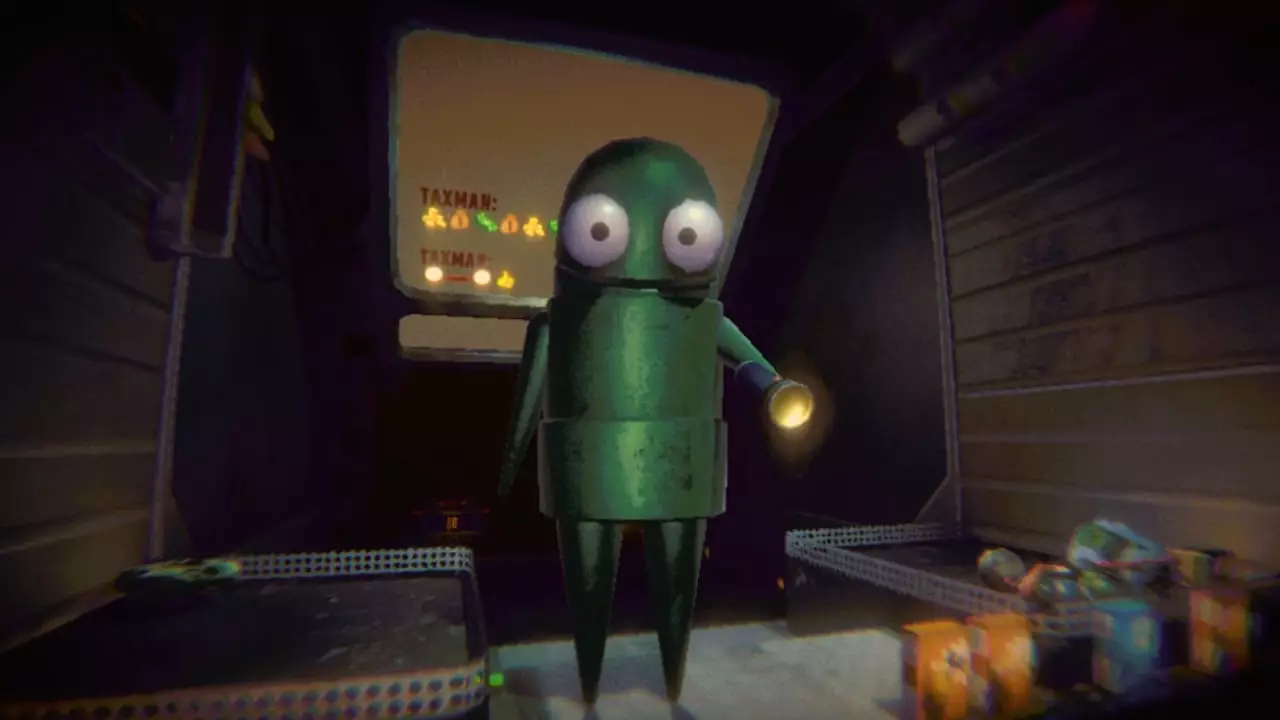In February 2025, horror aficionados were thrilled with the arrival of R.E.P.O., a co-op game developed by the innovative Swedish studio, Semiwork. Unlike many titles in the crowded horror genre, R.E.P.O. captivated players with its unique blend of terror and teamwork. The game fosters an ambiance where players must navigate both serene moments and chaotic events. It’s an exhilarating rollercoaster ride of emotions as friends band together to unravel mysteries from a lost age of humanity. It’s no surprise that the game quickly went viral upon its early release on Steam.
R.E.P.O. manages to intertwine elements of psychological horror with cooperative gameplay, drawing players deeper into its narrative. The visuals, characterized by low-lit settings and chilling character designs, create a haunting environment that leaves players on the edge of their seats. The game’s success serves as a reminder of how a well-crafted horror experience can leave a lasting impression on the gaming community, especially when it champions collective exploration and suspense. This begs the question: why are we seeing a rise in titles that duplicate successful IPs?
The Threat of Counterfeit Games
The unprecedented popularity of R.E.P.O. has unfortunately triggered an equally alarming wave of counterfeit games. Recently, vigilant players uncovered a fraudulent game titled “REPO Horror” on the Nintendo Switch eShop, which is drawing comparisons to R.E.P.O. due to its strikingly similar branding. The community was quick to react, especially as one Reddit user detailed their unfortunate experience after purchasing what they believed to be an extension of the beloved game, only to discover a low-quality imitation instead.
This incident raises serious concerns regarding the ethics of video game publishing in an increasingly digital marketplace. Just as troubling as the game’s shoddy production values is the fact that it attempts to leverage the popularity of a superior original without any shame. With similar logos, character designs, and marketing, the distinction between the authentic and the fraudulent becomes alarmingly blurred, posing a unique threat to consumers who may not be as discerning as seasoned gamers.
The Reflexive Fallout for Developers
What’s worse is the potential damage that these scams inflict on the developers’ reputations and sales. Semiwork, like many indie game studios, invests copious amounts of time, resources, and passion into crafting their unique creations. When counterfeits flood the market, it not only misleads consumers but also undermines the hard work of developers who aim to provide a genuine experience. The rise of games like “REPO Horror” isn’t just a nuisance; it’s a grave disservice to independent creators striving for innovation in an industry plagued by clone culture.
The same troubling trend was noted with the game “The Backrooms 1998,” which suffered a similar fate with its unauthorized port to the Switch. Observing this pattern of imitation highlights a pervasive issue in gaming: the exploitation of popular titles and trends for profit. The existence of such fakes raises ethical questions about copyright and intellectual property in the gaming industry. As players, we have a responsibility to hold creators accountable and support original works rather than enabling the production of low-quality imitations.
The Broader Implications for Gamers
As consumers grapple with the alarming reality of fraudulent games, it becomes essential to foster a culture of awareness within the gaming community. The personal account shared on Reddit is a clarion call to all gamers: scrutinize the developers and publishers behind a game before making a purchase. Websites like Steam often include user reviews and developer information, which can offer insights into the legitimacy of a title.
Moreover, the rise of counterfeit games illustrates a broader phenomenon of deception in digital markets. While some may argue that imitation is a form of flattery, in the realm of video games, it often leads to more dire consequences. Players can lose not only their money but also their trust in what should be an enjoyable and rewarding experience. The community must unite to confront these deceptive practices, advocating for better regulatory measures to protect both developers and consumers from exploitation.
Engagement from platforms like Nintendo, as demonstrated in the response to the REPO Horror incident, is critical. The hope is that as these counterfeit challenges surface, steps will be taken to safeguard the integrity of both original creators and the gaming industry as a whole. As we continue to navigate this evolving landscape, our vigilance can help ensure that real innovation prevails over imitation.


Leave a Reply